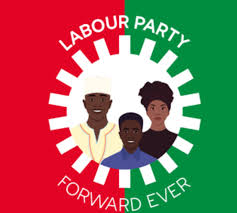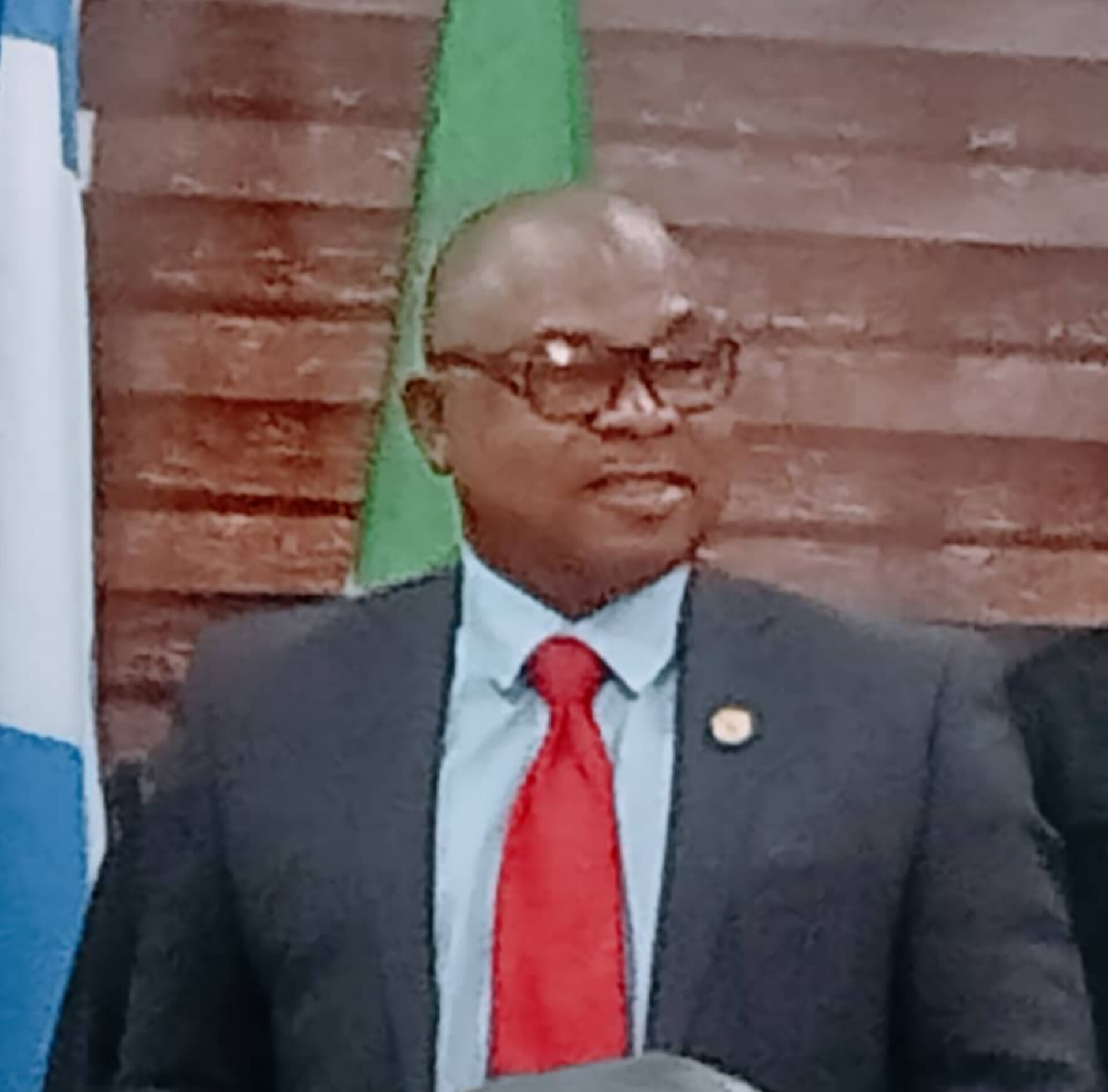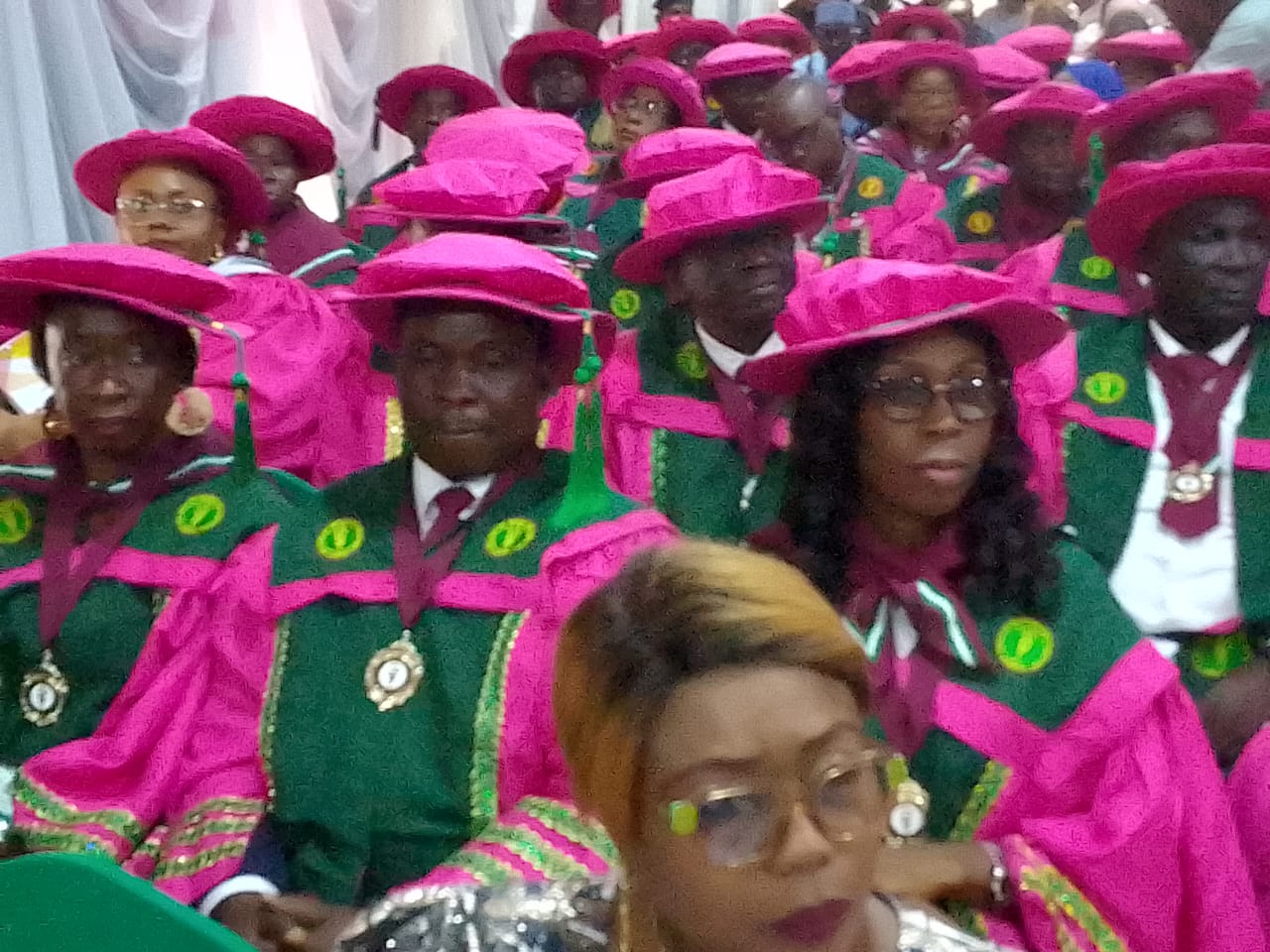***Condemns Tinubu’s unilateral decision without recourse to stakeholders’ concerns
The Labour Party (LP) has described the fuel subsidy removal as announced by President Bola Tinubu as a rude shock that has thrown the country into another harrowing period when Nigerians spend their days on queues at fuel stations
A statement issued on Tuesday by the party’s National Publicity Secretary Obiora Ifoh, indicated that the subsidy removal is likely to be first of many more shocking policies to be expected.

“The removal of subsidy by a presidential fiat as witnessed yesterday was not only shocking but practically took every Nigerian by surprise.”
He said it is the reason they have advice Nigerians to brace up for more rude shocks and surprises in the days ahead.
“The Labour Party has been confronted with the stark reality that less than twenty four hours after President Bola Ahmed Tinubu took over the reins of power, Nigerians woke up to see the pump price of petrol shot up to N600 per litre and N750 per litre in the black market.
“This is arising from the immediate removal of subsidy on petrol as announced by the new administration.
“As we speak now the queues are back again and Nigerians will, as was the case in the previous administration begin to keep vigils in the filling stations to get just a few litres of petrol.
“As expected commercial transporters have hiked their trip fares across the country in response to the developments. While product hawkers are once more the king of the jungle.
“This scenerio easily reminds one of the story of a certain Pharaoh who on assumption of throne empowered his task-masters to tripled the daily tasks of the Jews.
“What a way to announce once emergence as the sheriff in town. President Tinubu’s first executive proclamation was such that it is purposed to inflict pains on Nigerians.
According to Ifoh, even though
Labour Party during its campaigns in the last election also proposed ending the subsidy regime, however, he said it was based condition that necessary policies and actions would have to beenbput in place.
He said the party’s type of subsidy removal was to be gradual with stakeholders input having in mind that a number of refineries will be recalibrated to near optimal functionality.
“Labour is therefore condemning the unilateral decision by President Tinubu who without any form of consultation with the stakeholders particularly, the Labour unions removed the subsidy on petroleum and has instantly pushed Nigerians further into hardship.
“Labour Party has observed with pains that some of the petrol stations operators simply shut their filling stations and depot owners also shut their operations.
“They have also argued that no clarification was given on the execution of the policy. We are therefore calling on the government to quickly reevaluate the policy, and come up with more practical plans to remove the subsidy in such a way as not to jeopardize the peace of the nation.
“We are also calling on the various unions, social activists and Nigerians in general to be be watchful and ensure that democracy is not derailed by whatever means and guise.”




